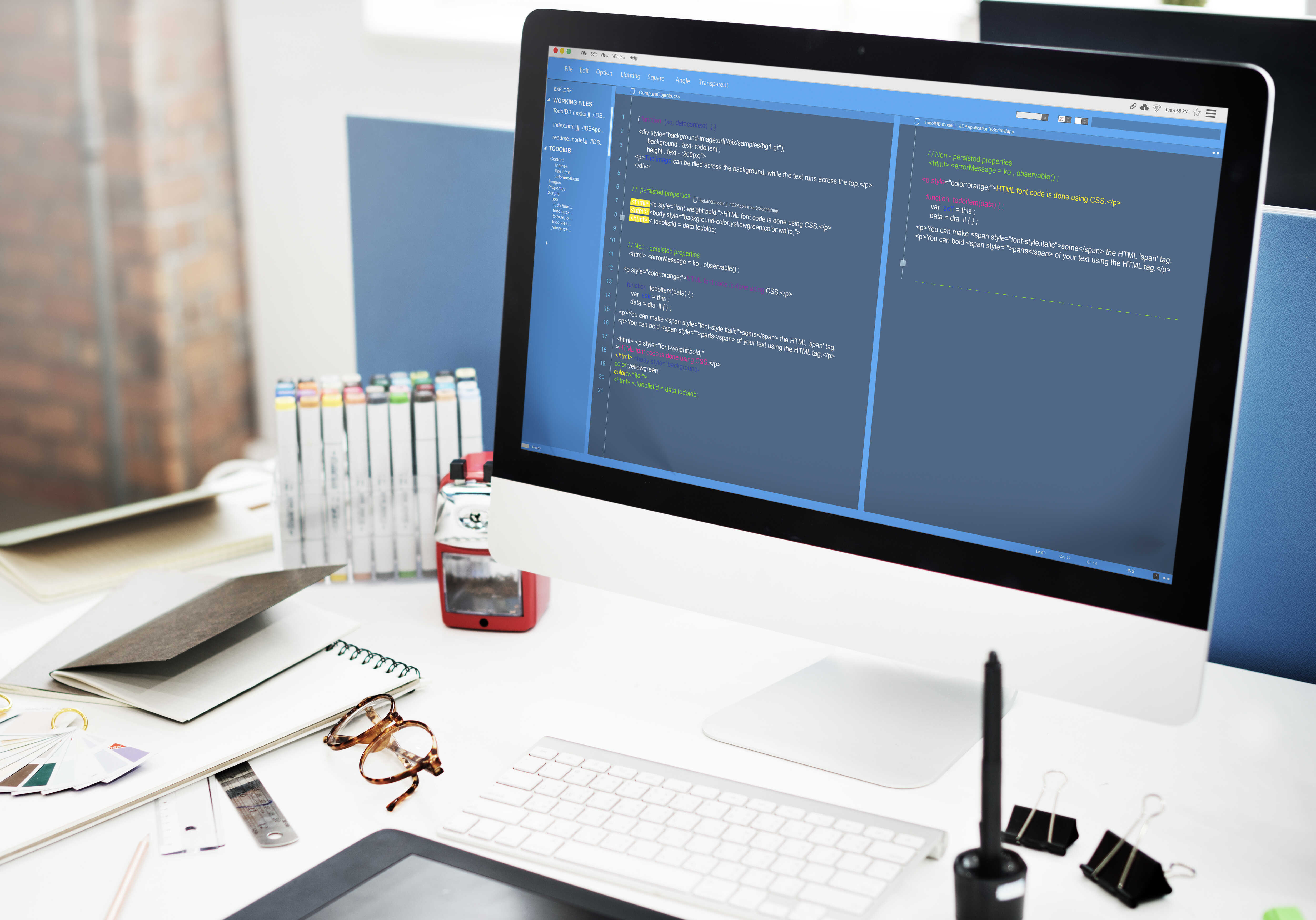5 Mins
5 Mins
In the rapidly evolving world of technology and remote work, the traditional methods of hiring are being upended. One of the most transformative developments in this arena is the application of Artificial Intelligence (AI) in talent screening. By leveraging AI, companies can enhance the efficiency, accuracy, and effectiveness of their hiring processes, particularly in the context of remote work. This blog explores how AI is revolutionizing talent screening in remote hiring and offers insights into best practices for its implementation.
AI is reshaping talent screening by automating repetitive tasks, providing deeper insights through data analysis, and reducing human bias. Here’s how AI is making a significant impact:
AI algorithms can quickly scan and analyze vast numbers of resumes, identifying candidates who meet specific criteria. This automation significantly reduces the time spent on initial screenings and ensures that no potential candidate is overlooked.
AI-driven tools can administer and evaluate assessments that measure personality traits, cognitive abilities, and other behavioral characteristics. These insights help predict a candidate’s fit for the role and their potential performance within the company culture.
AI can analyze video interviews to assess not just what candidates say, but how they say it. By evaluating facial expressions, tone of voice, and body language, AI provides a more comprehensive understanding of a candidate’s communication skills and emotional intelligence.
For technical roles, AI-powered platforms can administer coding tests, simulations, and other skill-based assessments. These tools objectively measure a candidate’s proficiency and problem-solving abilities.
AI tools can evaluate a candidate’s professional social media profiles and other online activities to gain insights into their professional network, industry engagement, and overall digital footprint.
By analyzing historical hiring data and performance metrics, AI can predict the likelihood of a candidate’s success and tenure in the role. This predictive capability helps in making more informed hiring decisions.
Automating the screening process saves time and resources, allowing HR teams to focus on more strategic activities. This efficiency is especially beneficial in remote hiring, where geographical boundaries no longer limit the talent pool.
AI’s ability to analyze large volumes of data with precision reduces the chances of human error. It ensures that all candidates are evaluated based on consistent criteria, leading to more accurate assessments.
AI can help eliminate unconscious bias by focusing on relevant qualifications and experiences, rather than demographic factors. This leads to fairer hiring practices and promotes diversity and inclusion within the organization.
By providing quick feedback and streamlined processes, AI enhances the candidate experience. Candidates are kept informed and engaged throughout the hiring process, improving their perception of the company.
AI provides a holistic view of each candidate by combining multiple data points. These deeper insights enable better decision-making and increase the likelihood of hiring the right fit for the role.
Choose AI tools that integrate seamlessly with your existing HR systems and meet your specific needs. Ensure these tools offer robust support and customization options.
Ensuring that AI tools comply with data privacy laws and regulations is crucial. Communicate to candidates how their data will be used and stored.
While AI provides valuable insights, human intuition and experience remain essential. Use AI findings to complement, not replace, human judgment in the hiring process.
Provide adequate training for your HR team to effectively use AI tools and interpret the insights they provide. This training ensures that the team can leverage AI to its full potential.
Regularly evaluate the effectiveness of your AI tools and make necessary adjustments. Stay updated with the latest AI advancements to enhance your hiring processes continually.
Use AI to improve the candidate experience by ensuring timely communication and feedback. A positive experience can enhance your company’s reputation and attract top talent.
AI is undeniably transforming talent screening in remote hiring, offering unprecedented efficiency, accuracy, and insight. By automating repetitive tasks and providing deeper, data-driven insights, AI enables companies to make more informed and objective hiring decisions. As remote work continues to grow, leveraging AI in talent screening will be crucial for organizations looking to stay competitive and attract the best talent. By implementing best practices and continuously evolving with AI advancements, companies can enhance their hiring processes and build a more effective, diverse, and skilled workforce.
Share Article
Subscribe and get fresh content delivered right to your inbox

10 Mins
Agentic AI is no longer a future concept; it’s here now and changing how businesses work. From autonomous decision making to multi-agent collaboration, businesses are deploying AI systems that think, act, and learn for themselves. This blog explains what Agentic AI really means, how it’s being used today, and why your business needs to be ready. Find out the key components, real-world use cases, and the strategic steps leaders need to take to stay ahead in the fast-moving AI landscape.
Continue Reading
10 Mins
Self-learning LLM agents represent the next wave of intelligent AI systems—capable of memory, feedback, and dynamic decision-making. This blog explores the technical architecture behind these agents, including memory structures, function calling, planner-executor models, and real-world learning loops. Learn how they adapt, improve, and automate complex tasks over time. Whether you're an AI engineer, product leader, or CTO, this guide breaks down what it takes to build scalable, autonomous AI systems ready for real-world impact.
Continue Reading

14 Mins
Choosing between Python and Node.js for your next project can make a big difference in performance, scalability, and time to market. This post compares the two technologies head-to-head on their core strengths, use cases, learning curves, community support, and ecosystem maturity. Whether you’re building a real-time app, data-driven platform or scalable web service, knowing how Python and Node.js differ will help you choose the right tech stack for your business. Get practical insights, performance benchmarks, and expert advice to make the right choice for your project. Read on.
Continue Reading
Subscribe and get fresh content delivered right to your inbox
Prompt Engineer
AI Product Manager
Generative AI Engineer
AI Integration Specialist
Data Privacy Consultant
AI Security Specialist
AI Auditor
Machine Managers
AI Ethicist
Generative AI Safety Engineer
Generative AI Architect
Data Annotator
AI QA Specialists
Data Architect
Data Engineer
Data Modeler
Data Visualization Analyst
Data QA
Data Analyst
Data Scientist
Data Governance
Database Operations
Front-End Engineer
Backend Engineer
Full Stack Engineer
QA Engineer
DevOps Engineer
Mobile App Developer
Software Architect
Project Manager
Scrum Master
Cloud Platform Architect
Cloud Platform Engineer
Cloud Software Engineer
Cloud Data Engineer
System Administrator
Cloud DevOps Engineer
Site Reliability Engineer
Product Manager
Business Analyst
Technical Product Manager
UI UX Designer
UI UX Developer
Application Security Engineer
Security Engineer
Network Security Engineer
Information Security Analyst
IT Security Specialist
Cybersecurity Analyst
Security System Administrator
Penetration Tester
IT Control Specialist